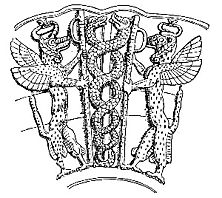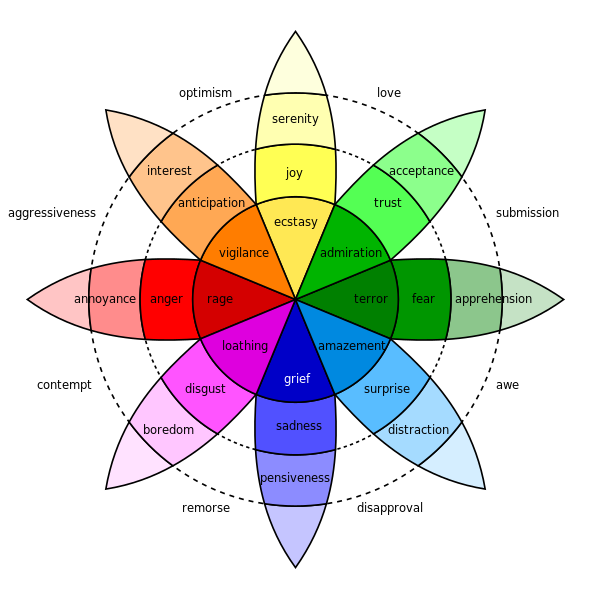Could the Feeling/Thinking and other cognitive processes be all to do with the amygdala ?
http://en.wikipedia.org/wiki/Amygdala
In complex vertebrates, including humans, the amygdalae perform primary roles in the formation and storage of memories associated with emotional events. Research indicates that, during fear conditioning, sensory stimuli reach the basolateral complexes of the amygdalae, particularly the lateral nuclei, where they form associations with memories of the stimuli.
The amygdalae also are involved in the modulation of memory consolidation. Following any learning event, the long-term memory for the event is not instantaneously formed. Rather, information regarding the event is slowly assimilated into long-term storage over time (the duration of long-term memory storage can be life-long), a process referred to as memory consolidation, until it reaches a relatively permanent state.
The amygdala processes reactions to personal space violations, and these reactions are absent in persons in whom the amygdala is damaged bilaterally.
Research using Rorschach test blot 03 finds that the number of ‘‘unique responses’’ to this random figure links to larger sized amygdalas. The researchers note, "Since previous reports have indicated that unique responses were observed at higher frequency in the artistic population than in the nonartistic normal population, this positive correlation suggests that amygdalar enlargement in the normal population might be related to creative mental activity.
How do you deal with work-related stress? Each personality type has different stressors and copes in different ways. Better understanding of your own stressors and coping mechanisms can help you reduce the tension and anxiety work stress often creates.
When stressed, Guardians usually report being sick, tired, sad, or worried.
Since Artisans are usually optimistic and like taking risks, it takes a lot to get them stressed. But if they become severely stressed, Artisans can act out against others or themselves.
Idealists tend to work for a better future for all, so if things keep going badly and they lose hope, they become stressed. When Idealists experience great stress, they can have muscle or sensory problems.
Rationals search for knowledge, competence, and eternal truths. If these needs are blocked, they become stressed. When Rationals experience great stress, they experience thoughts that tell them either that they must act or think in a particular way or that they must not act or think in a particular way. The outside observer sees the Rational as driven by compulsions or prohibitions.
Here are links to articles on each of the temperaments, and how each of the types experiences, and is able to deal with, work-related stress.
Guardians: Bearing Up
Artisans: Acting Out
Idealists: Out of Balance
Rationals: Appearing Compulsivehttp://brainsandcareers.com/phpBB3/viewtopic.php?f=14&t=162&st=0&sk=t&sd=a










